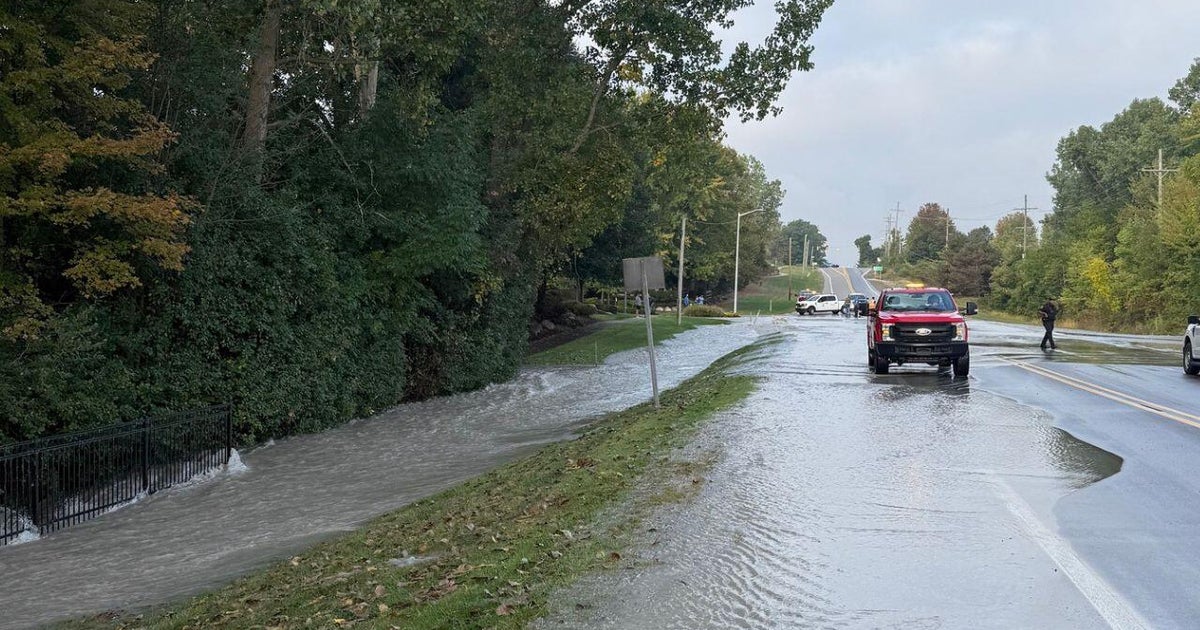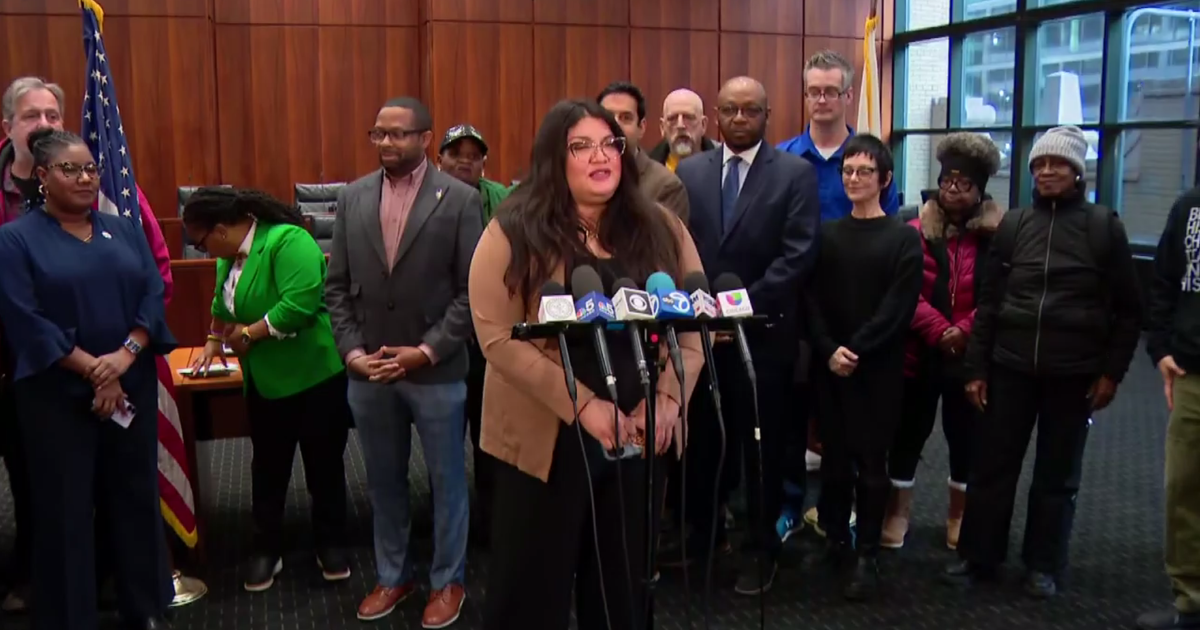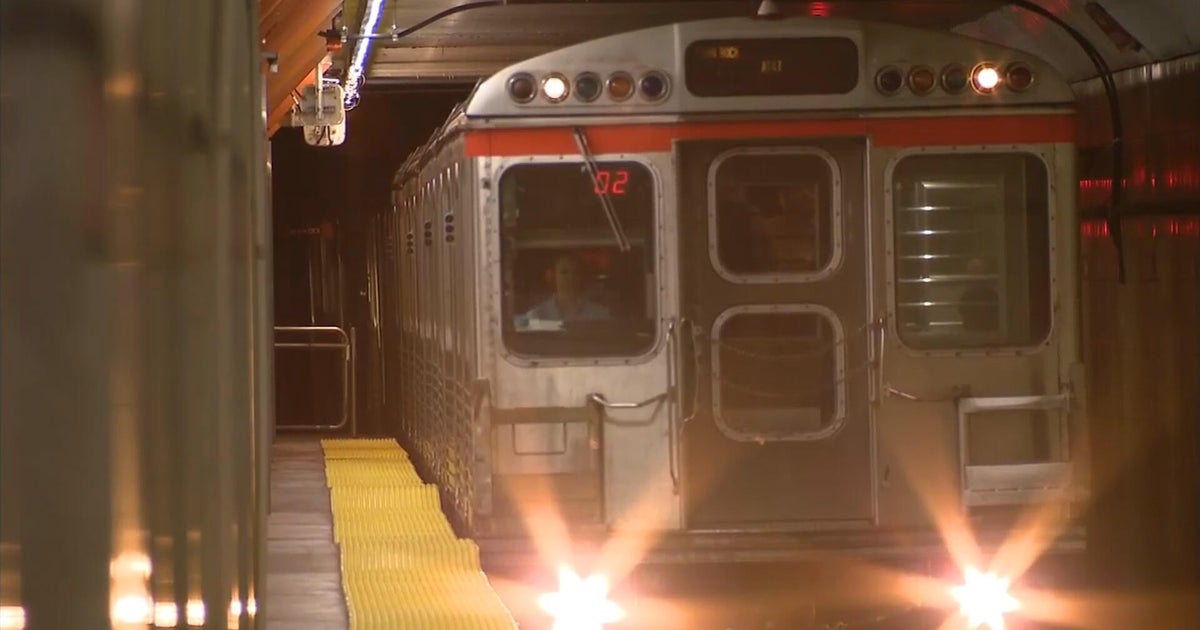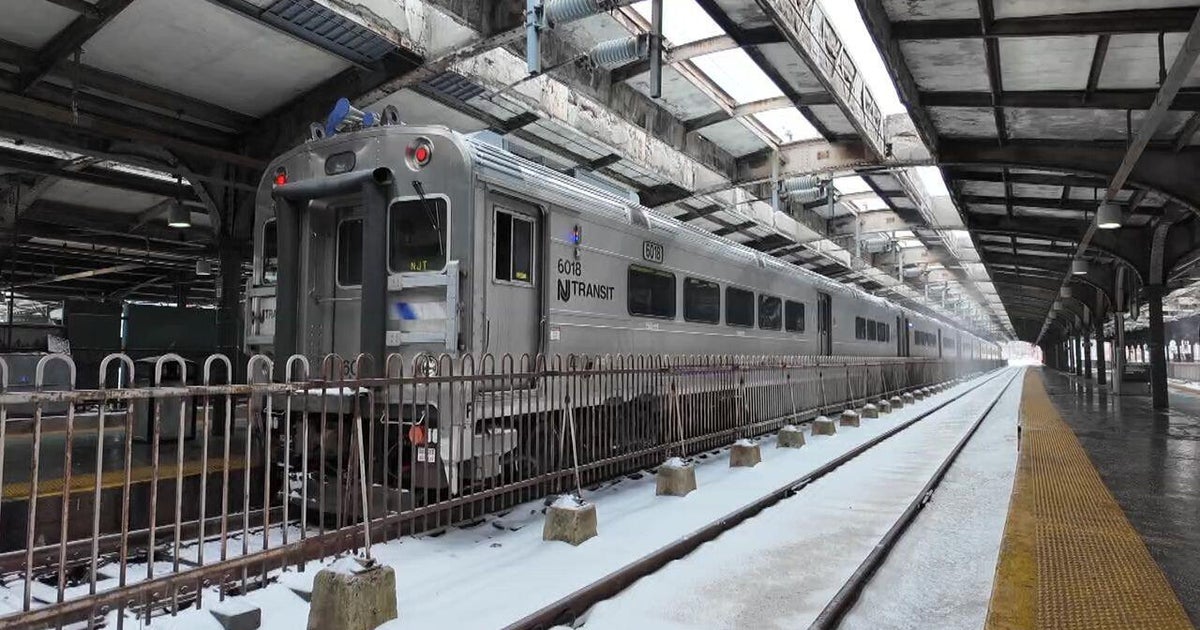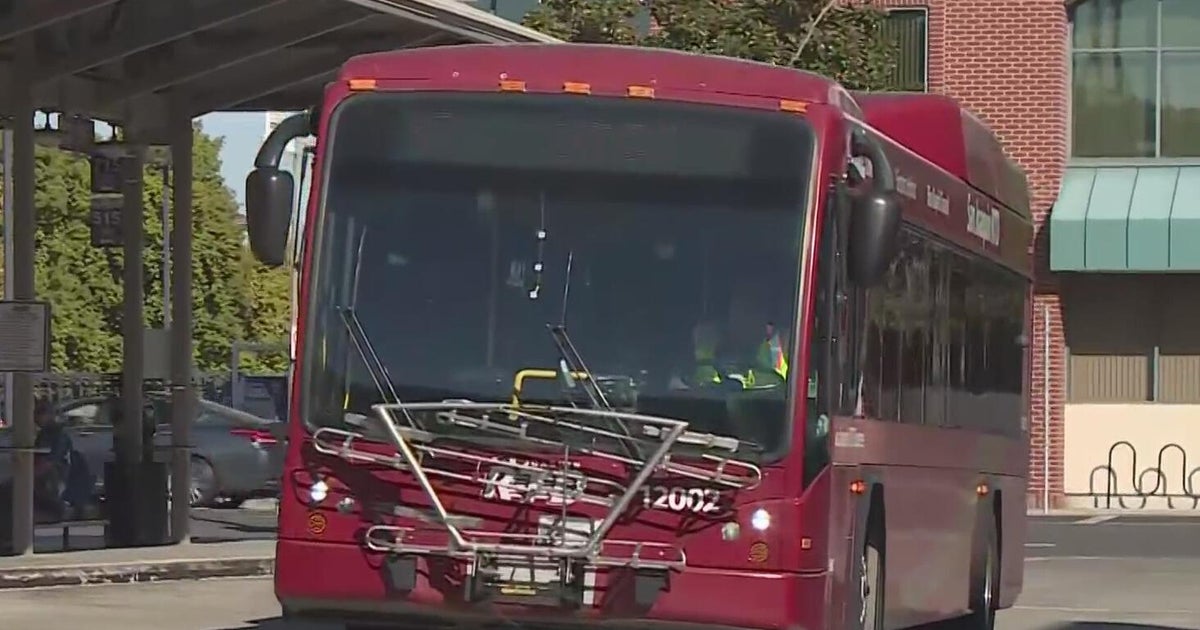With NYC's congestion pricing plan delayed, what happens to the big MTA projects it was supposed to fund?
NEW YORK - Gov. Kathy Hochul announced Wednesday she is indefinitely postponing congestion pricing in New York City, which had been set to start on June 30.
The plan had been touted as being essential to raise $15 billion in much-needed funds for major MTA projects and priorities, such as upgrading the signals in the subways to improve service. The MTA has said an upgraded signal system will make it possible for trains to run closer together, which will make trains less crowded, particularly during rush hour.
Other MTA projects that officials said congestion pricing would fund: Improving accessibility to stations with ramps and elevators, a new fleet of electric buses, replacing escalators and elevators as needed, track upgrades and bridge repairs, repairing power substations, and more.
At an MTA board meeting in February, CBS New York's Elijah Westbrook asked MTA Chairman and CEO Janno Lieber if there was a "plan B" to get these projects up and running.
"No, there isn't. We have 20 stations that are gonna have, that are supposed to have ADA accessibility. It's an equity issue, it's not fair and it's a real concern, so there's no plan B for $15 billion to show up magically," Lieber said at the time.
Rep. Ritchie Torres released a statement expressing concern about the future of those projects.
"The Governor has announced that she will indefinitely delay congestion pricing. Left unmentioned in the announcement is the answer to a fundamental question: If the revenue for the MTA's urgently needed $15 billion capital plan is not coming from congestion pricing, then where exactly is the money coming from?" Torres wrote. "The central concern is not so much congestion pricing as it is the preservation of a public transit system that is too big to fail. Make no mistake: without the funding it needs, the MTA will fail and New York will become a shadow of its former self."
In her statement announcing the delay in congestion pricing, Hochul addressed the topic.
"Now, let me be very clear: I remain committed to these investments in public transit. We need to make MTA service more accessible and reliable, without the projected revenue having to come just from congestion pricing. And given the lawsuits and many other attacks on this process, we have already had to prepare for the possibility that congestion pricing could be delayed," Hochul said. "We have set aside funding to backstop the MTA Capital Plan, and are currently exploring other funding sources. We remain fully committed to advancing all the improvements that New Yorkers have been promised. That includes immediate investments in reliability and accessibility: track repairs, new signals, adding more elevators at subway and commuter stations."
What happens to the 2nd Avenue Subway project?
There's also Phase 2 of the 2nd Avenue Subway, which would extend it into Harlem. Phase 2 would've added new stations at 106th Street, 116th Street and 125th Street, including adding connections at 125th to Metro-North trains and select bus service to LaGuardia Airport. The estimated cost was more than $7 billion.
The MTA previously said, "Future contracts ... rely on funding from congestion pricing."
In her announcement, Hochul promised projects would be paid for with state reserves, but advocates for commuters say the devil is in the details.
Lisa Daglian, with the Permanent Citizens Advisory Committee to the MTA, says billions more are needed.
"It's over $4 billion would be paid for by congestion pricing. That money is now in jeopardy. Where's that money going to come from?" she said.



